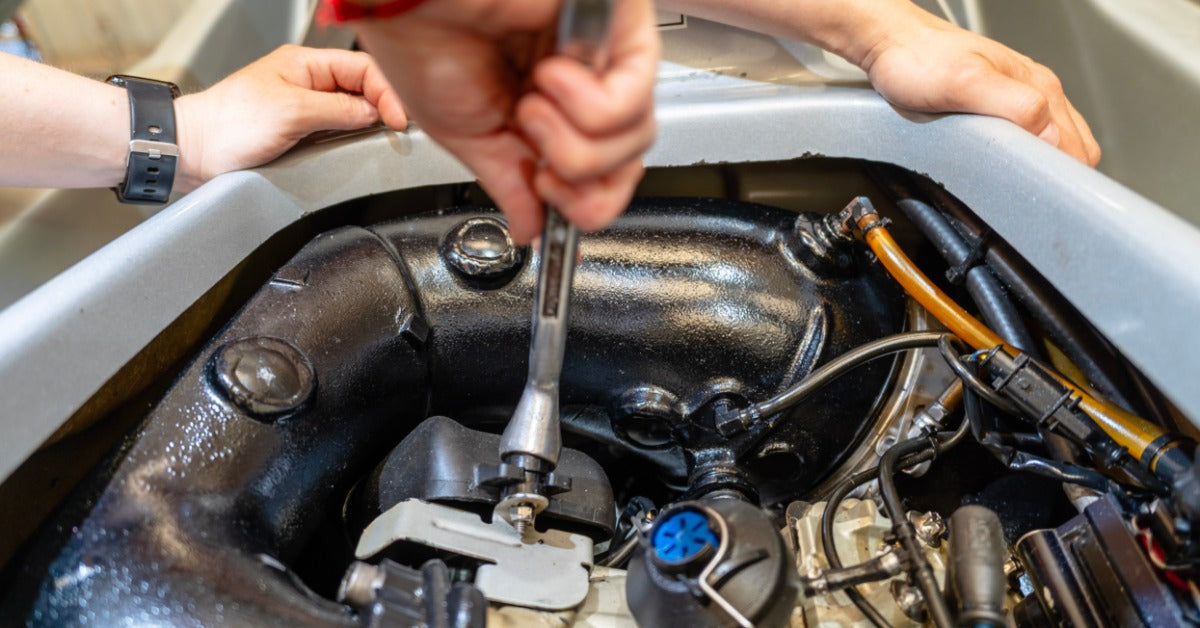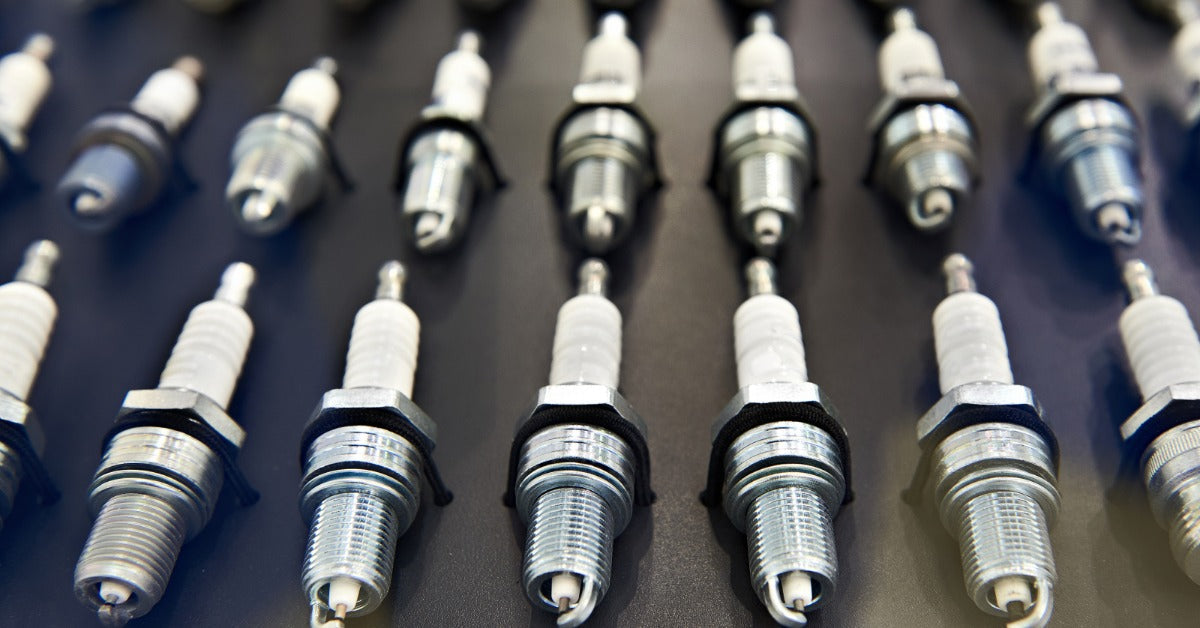
While many people regularly take their vehicles in for routine maintenance, one part of the engine is often misunderstood and overlooked.. the Serpentine Belt. In fact, most people don't think about it until it is too late, which can leave you stranded. While you may not perform your own engine maintenance, it is still important to understand how the more critical components work and how to recognize a problem before you find yourself waiting for a tow truck.
The serpentine belt "snakes" around several components of the engine, transferring mechanical power to nearly every critical part. Under normal conditions, the belt needs to be replaced every 4 to 6 years. However, those living in areas where the temperature and humidity can vary greatly throughout the year may need to change it more frequently. The first visual sign that the serpentine belt is nearing the end of its life cycle is that it will become dried out and cracked. Cracks are most commonly caused by heat and age. Between the extreme heat of the engine and the fluctuating temperatures outside, this belt takes a beating on a regular basis. When these cracks become bad enough the belt will chunk pieces off and eventually break. When this happens your vehicle will stall, the coolant system will stop running which causes the car to overheat, the alternator stops working, and your power steering will fail.
If you're unable to see or visually identify your serpentine belt, there is an auditory queue to listen for. When they're beginning to have trouble, these belts will begin emitting a high-pitched squealing or whining noise, easily heard from inside the car. Should you hear such a sound you'll want to schedule an appointment with your local mechanic. Replacing the belt is often a quick fix and usually costs between $60 and $80 depending on the type of vehicle. This sound can also indicate that something else is wrong with the drive system (e.g. - frozen pulley bearings), so definitely get it looked at.
While we can't all be mechanics, we can all be safe drivers who know what to look and listen for. If you haven't taken your vehicle for maintenance in a while, do so before the harsh winter months arrive. When it is time to replace ignition parts, choose E3 Spark Plugs for a better burn.







